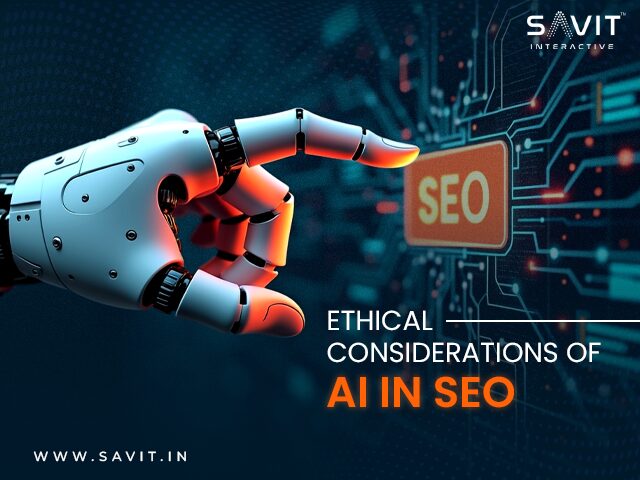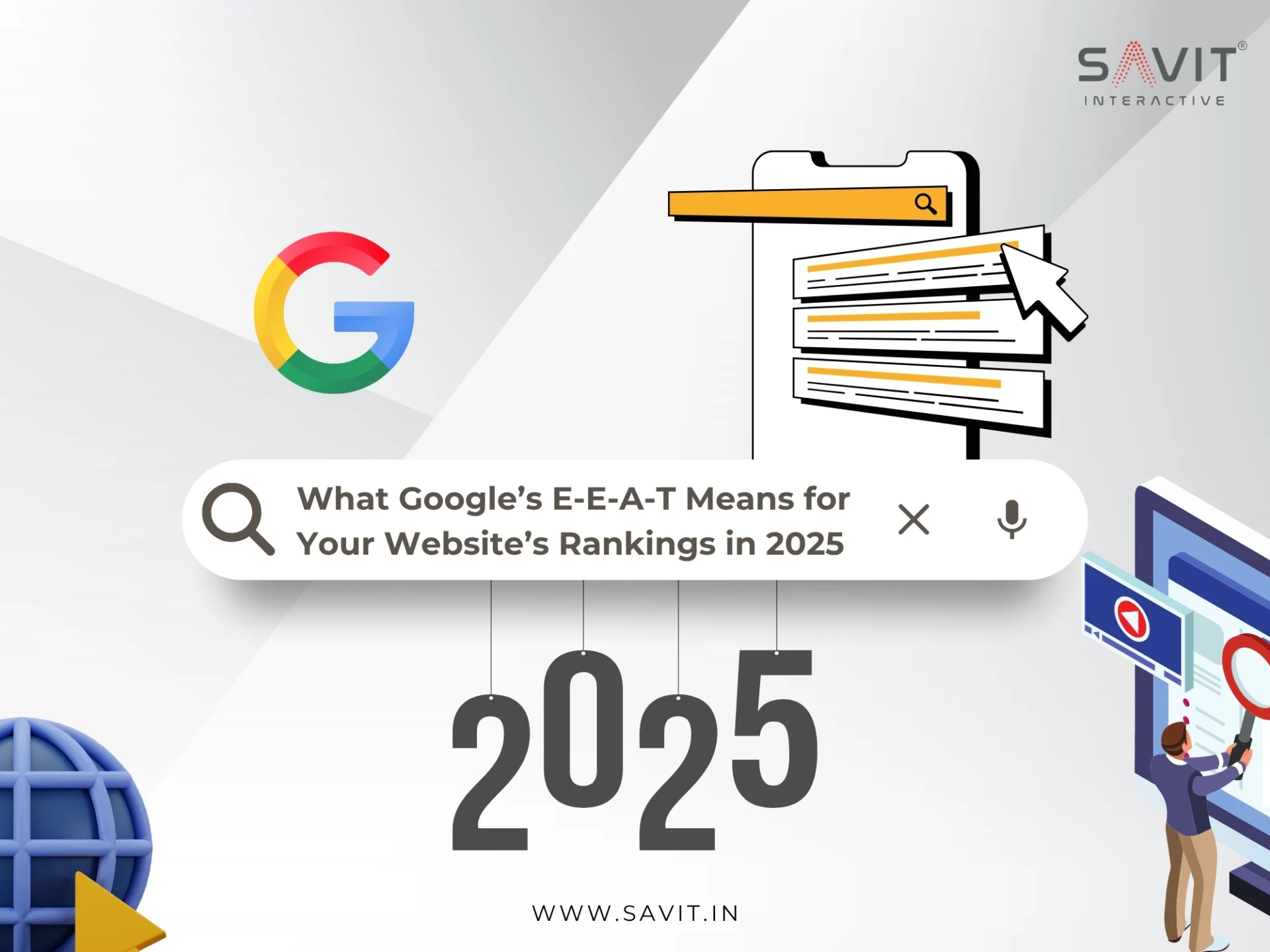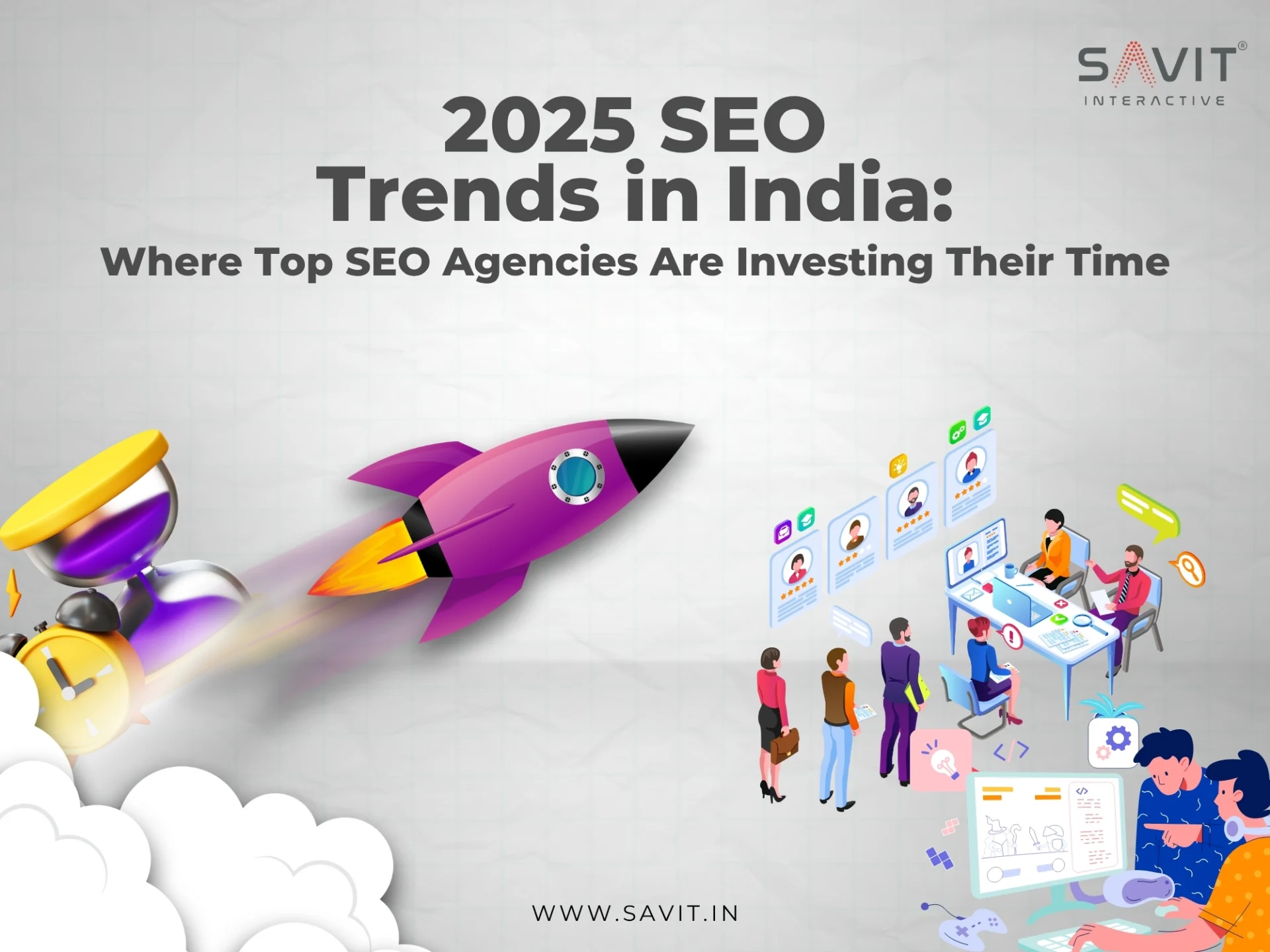Search Engine Optimization (SEO) has been transformed by artificial intelligence (AI), which has greatly expanded its possibilities. Businesses can now attain better search engine ranks thanks to the use of AI in SEO techniques, which have become more dynamic, predictive, and effective.
AI integration in SEO is not merely a trend; it is quickly becoming a necessary component of competitive digital marketing.
The ethics of AI in the context of SEO are explored in this blog. The increasing sophistication of AI systems presents intricate ethical issues that need to be resolved in order to preserve integrity, fairness, and openness in digital marketing strategies.
You will learn how implementing ethical AI methods can reduce possible hazards and guarantee that technological improvements don’t compromise moral principles.
Comprehending AI in SEO
To optimize websites for search engines, AI in SEO uses data analytics, machine learning algorithms, and natural language processing.
AI can improve the effectiveness and efficiency of SEO by automating processes like content creation, performance analysis, and keyword research.
Unethical use of Artificial Intelligence
AI can be beneficial when used in conjunction with SEO tactics. Along with several legal issues surrounding AI, its unethical usage is one of the main obstacles agencies faces, which should be taken into account.
AI may be used unethically in a variety of inadvertent ways, such as:
- Numerous fake posts and reviews.
- Incorrectly altering data.
- Generating fake and deceptive blog posts and graphics.
- Providing inaccurate or deceptive data produced by chatbots.
Even if it happens accidentally, AI can raise the possibility of giving users false information. Another example of unethical use is a fully produced generative AI content that is intended to be search engine optimized rather than beneficial to readers.
Google prioritizes the quality of content over the production process. AI-generated content is permitted as long as it is of a high caliber, originates from reputable sources, and benefits users.
However, it is against Google policy to use generative AI tools to create content to trick the algorithms and get a higher ranking in search results.
Ethical Considerations in AI-Driven SEO
- Accountability and Transparency:
Best Techniques:
Clear Disclosure: Users should be made aware when AI-generated content is being used. Being transparent helps you avoid deceiving your audience and builds trust.
Algorithm Accountability: Recognize and periodically assess the decision-making processes of AI algorithms. Make that the data used to train these algorithms is impartial and reliable.
- Steer clear of manipulative techniques
Best Techniques:
Ethical Link Building: Avoid manipulative tactics like purchasing links or employing link farms by using AI to find genuine link-building chances.
Quality Over Quantity: Rather than producing vast amounts of poor-quality content intended to circumvent the system, concentrate on producing valuable, high-quality content with AI support.
- User Privacy:
Best Techniques:
Data protection: Make certain that any user information gathered for AI analysis is safely kept and utilized in accordance with privacy laws like the CCPA and GDPR.
Consent and Openness: Be open and honest about how you acquire data, and where needed, get users’ express consent.
- Fairness and Bias
Best Techniques:
Mitigation of Bias: Conduct routine audits of AI systems to check for biases that can adversely influence search results. To reduce bias, train AI models on a variety of data sources.
Make sure that content produced by AI is inclusive and reflective of a range of viewpoints. Steer clear of content that perpetuates biases or preconceptions.
AI’s Ethical Use in SEO
- Improved User Experience
AI is able to provide individualized experiences by analyzing user behavior and preferences. For instance, based on user interactions, AI can suggest pertinent products, services, or information.
Top Techniques:
Personalization with Consent: Make recommendations and content tailored to a user’s behavior, but make sure the user is informed and has given permission.
User-Centric Design: Put the needs and preferences of users first by using AI insights to enhance website navigation, load times, and overall user experience.
- Creating and Optimizing Content:
From producing blog entries to improving meta tags and headlines, artificial intelligence (AI) applications can help with content creation and optimization.
Top Techniques:
Human Oversight: Although AI can help with content generation, human oversight is essential to guaranteeing relevance, quality, and accuracy.
Value-Driven Content: Put your attention on creating content that offers users genuine value, using AI to supplement human creativity and insight rather than to replace it.
- Analysis of SEO Performance
Large volumes of data can be analyzed by AI to spot patterns, monitor performance, and recommend enhancements.
Top Techniques:
Data-Driven Decisions: Make well-informed choices regarding SEO tactics by utilizing AI-driven information. Review and verify AI-generated suggestions on a regular basis.
Continuous Improvement: Employ AI to track and modify SEO tactics in response to performance indicators, but always use human judgement to put data in context.
Balancing Responsibility and Innovation
Although there are many advantages to integrating AI into SEO, it must be done carefully. The following general guidelines will help you apply AI in SEO in an ethical manner:
- Dedication to Honesty: Maintain the highest ethical standards in all SEO activities by steering clear of short cuts that could result in temporary profits but long-term fines or reputational harm.
- User-centered Method: In all AI-driven SEO tactics, give users’ wants and interests first priority. Prioritize providing real value and improving the user experience.
- Ongoing Learning and Adjustment: Keep up with the most recent advancements in SEO and AI, including best practices and ethical standards. Be prepared to modify your tactics when new moral issues come up.
In conclusion
AI has the power to revolutionize SEO by increasing its efficacy and efficiency. However, immense power also comes with immense responsibility.
Businesses can use AI in SEO to accomplish their objectives while upholding integrity and trust by following ethical guidelines and best practices. AI-driven SEO not only improves performance but also enhances the digital environment when innovation and accountability are balanced.
Savit’s Commitment to Ethical AI
- At Savit, we believe that AI should be used responsibly and ethically. We are committed to:
Ethical AI practices: Adhering to strict ethical guidelines in our AI-powered SEO strategies.
- Transparent communication: Being transparent about our use of AI and its potential implications.
- Continuous learning: Staying up-to-date on the latest developments in AI and ethics.
By addressing these ethical challenges, we can harness the power of AI to improve SEO while maintaining the highest standards of integrity.
Connect with us for top-notch SEO services for your businesses, and we will help you reach new heights.



